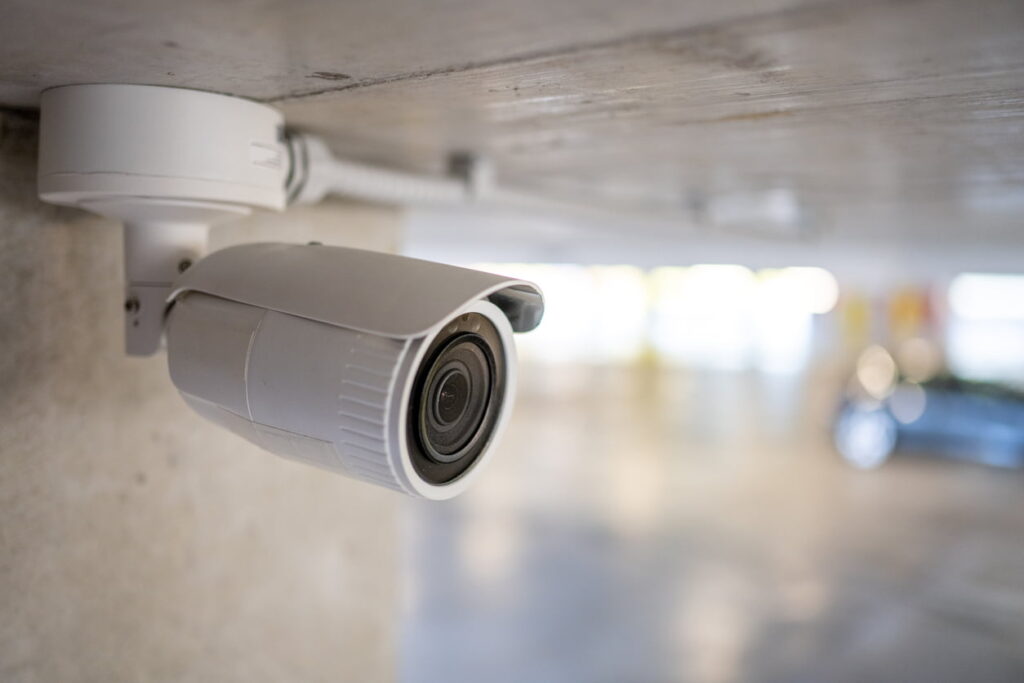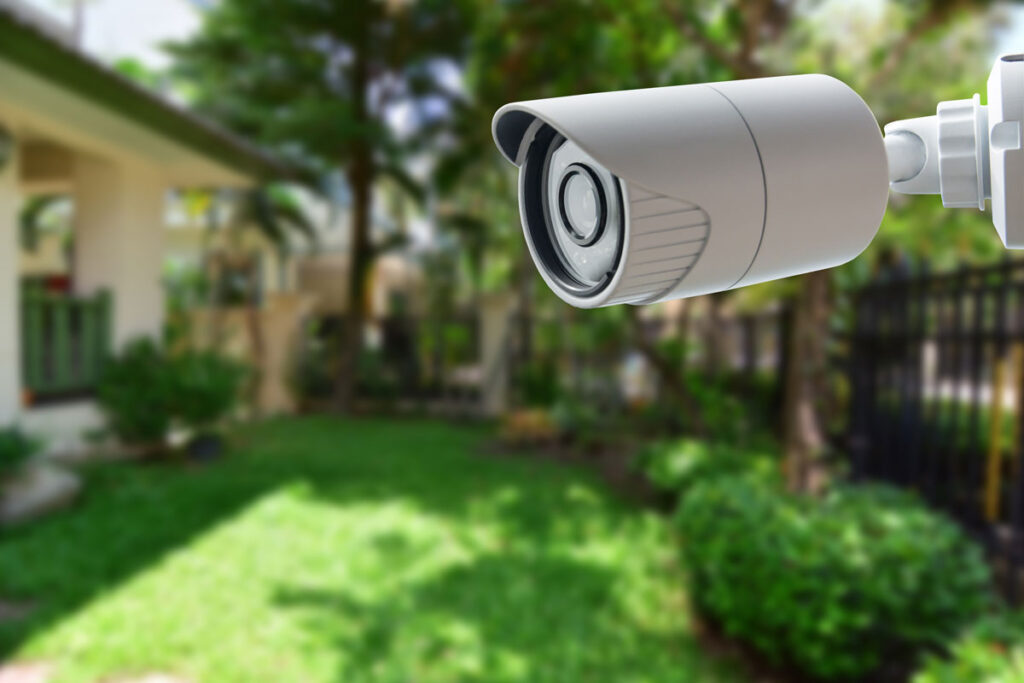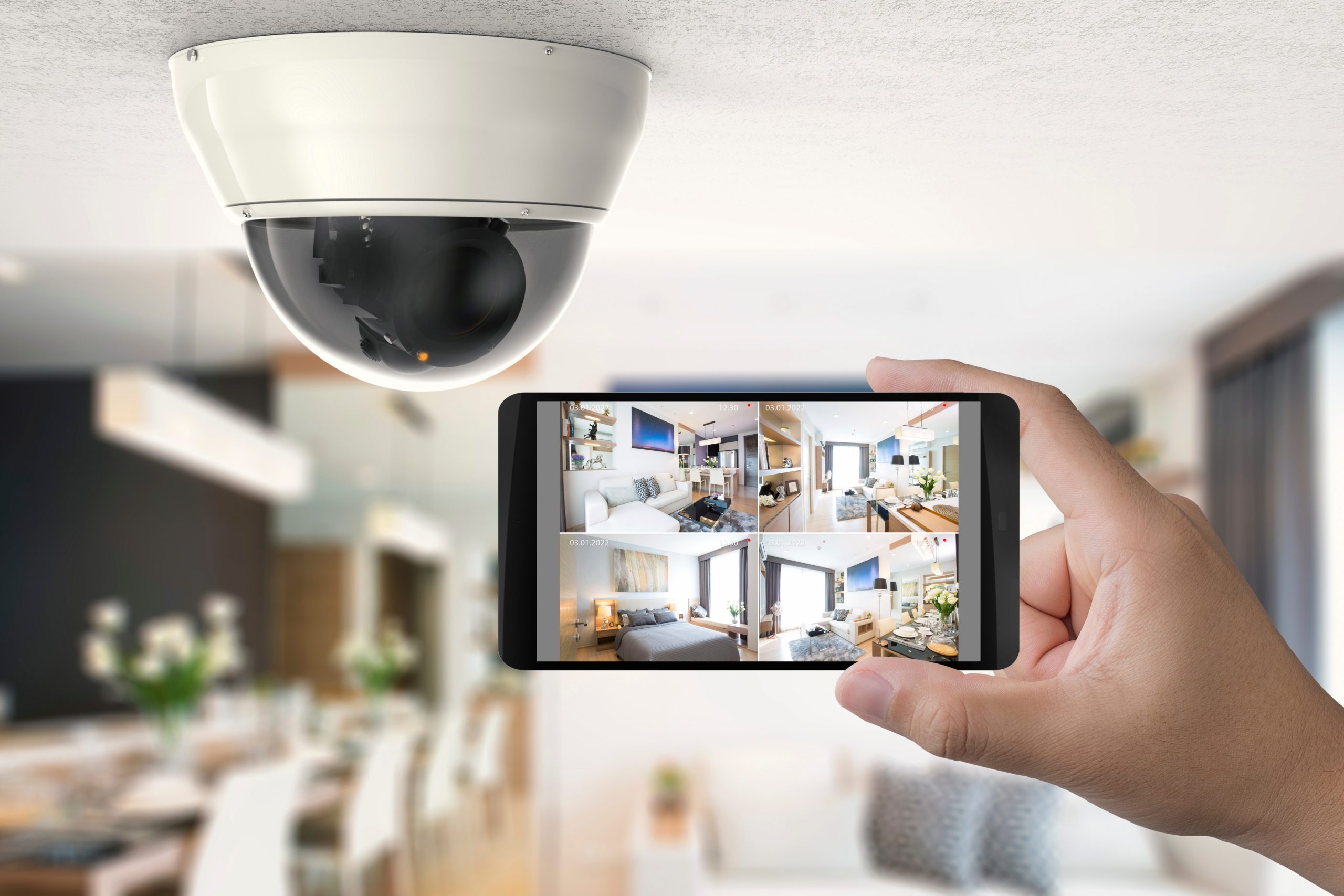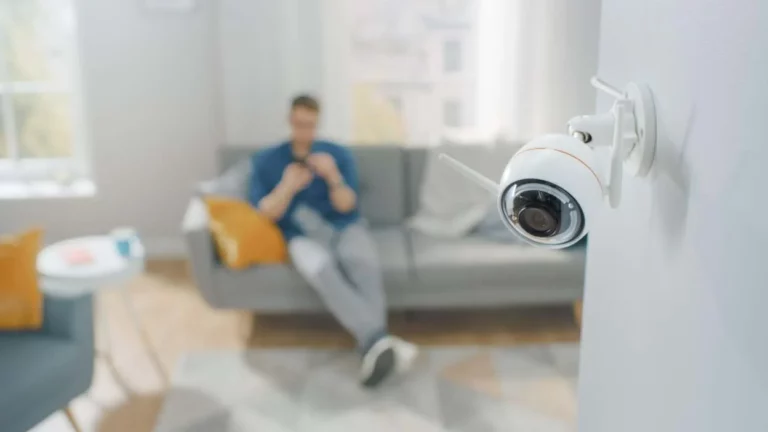The Importance of Reliable Residential Security Systems for Families
The safety of our homes and loved ones is a primary concern for many families. As crime rates fluctuate and threats evolve, the need for effective residential security systems becomes increasingly evident. In this article, we will explore the importance of these systems, their key components, and the various factors to consider when evaluating them.
Understanding the basics of residential security systems
Before delving deeper into the significance of these systems, it’s essential to understand what a residential security systems truly encompasses.
What is a residential security system?
A residential security system is a network of devices working together to protect a home from intrusions, theft, and other dangers. These systems can range from simple lock-and-key setups to comprehensive networks that include alarms, surveillance cameras, and smart home integration.
Typically, they involve various components such as sensors, cameras, motion detectors, and control panels. The system is designed to detect unusual activity and alert homeowners or monitoring services, thereby acting as a deterrent against potential threats.
Key components of a reliable security system
To be effective, a security system must incorporate several key components, each playing a crucial role in the overall protection strategy.
- Alarms: An audible siren can deter intruders and alert homeowners and neighbours of a potential breach.
- Cameras: Surveillance cameras, both indoor and outdoor, allow homeowners to monitor their property remotely and provide valuable evidence in case of an incident.
- Motion Sensors: These devices detect movement and can trigger alarms or send alerts, ensuring quick responses to any unusual activity.
- Control Panels: The central hub for managing the entire security system, allowing users to arm or disarm the setup and monitor system status.
Integrating these components effectively can create a robust security solution tailored to a family’s specific needs.
The role of security systems in safeguarding families
Residential security systems serve a much more significant purpose than mere property protection; they play a vital role in enhancing the safety and peace of mind for families.
Protecting your home from burglaries
One of the primary functions of security systems is to act as a deterrent against burglaries. Statistics show that homes without security systems are three times more likely to be broken into.
Visible security measures, like cameras and alarm signs, can discourage potential intruders who often look for easy targets. Furthermore, in the unfortunate event of a break-in, a security system can swiftly alert law enforcement, increasing the chances of recovering stolen property and catching offenders.
Ensuring personal safety within the home
Security systems don’t just protect from external threats; they also help maintain a safe environment for family members. For example, fire alarms and carbon monoxide detectors, which often come as part of security systems, play a crucial role in preventing dangerous situations.
Additionally, many modern systems offer panic buttons or emergency alerts, enabling quick communication with authorities during emergencies. This added layer of safety allows families to feel more secure in their homes.
Evaluating the reliability of different security systems
With numerous options available in the market, assessing the reliability of different security systems can seem daunting. Families must be diligent in selecting a system that meets their specific needs and provides long-term benefits.

Factors to consider when choosing a security system
When evaluating security systems, families should consider several factors, including:
- Scalability: Can the system be expanded to include additional components as your needs evolve?
- Monitoring Options: Does the system offer professional monitoring, self-monitoring, or both?
- Installation Process: Is the installation straightforward, or does it require professional assistance?
- Cost: What is the upfront and ongoing cost of maintaining the system?
Being informed about these factors will assist families in selecting a security system that they can trust and rely on.
The role of technology in enhancing system reliability
Advancements in technology have significantly improved the reliability of residential security systems. Smart technology allows for seamless integration, enabling homeowners to control their systems via smartphones or tablets.
Features such as real-time alerts, remote viewing of security cameras, and automated locking mechanisms provide extra layers of convenience and security. Families can now monitor their homes from anywhere, giving them peace of mind while away on holiday or at work.
The psychological benefits of a secure home
The advantages of a reliable security system extend beyond physical protection. The psychological benefits contribute greatly to a family’s overall well-being.
Peace of mind for homeowners
One of the most significant benefits of a reliable security system is the peace of mind it offers. Homeowners can rest easy knowing their property is monitored and protected, reducing anxieties about potential dangers.
This peace of mind not only enhances the quality of life but also fosters an environment where families feel more secure in their daily activities. Knowing that a reliable system is in place can lead to an increased sense of control and safety.
Creating a safe environment for children
A secure home environment is crucial for the well-being of children. Parents can focus on nurturing and raising their children without the constant worry of external threats.
Moreover, involving children in understanding the security system can teach them about safety and awareness. This education fosters a sense of responsibility and allows children to feel empowered in their understanding of how to respond to various scenarios.
The financial implications of residential security systems
Investing in a reliable security system also comes with financial considerations, ranging from initial costs to long-term savings.
Cost versus benefit analysis of security systems
While the upfront cost of purchasing and installing a residential security system can be significant, the benefits often outweigh these expenses. Reduced risk of theft, property loss, and potential injury translates into considerable financial savings over time.
Additionally, many families find that investing in a security system can enhance their property value, making it a worthwhile addition to any home.

The impact of security systems on home insurance premiums
Another financial perk of having a security system installed is the potential reduction in home insurance premiums. Many insurance companies offer discounts to homeowners who install reliable security measures. This reduction can lead to substantial savings over time, offsetting the initial costs of the system.
In conclusion, reliable residential security systems serve as a crucial investment for families, not only safeguarding their homes but also offering psychological comfort and financial benefits. As the world continues to evolve, so too must our methods of ensuring the safety of our loved ones.
See Also: Exploring the benefits of home security cameras for Australian homes.


